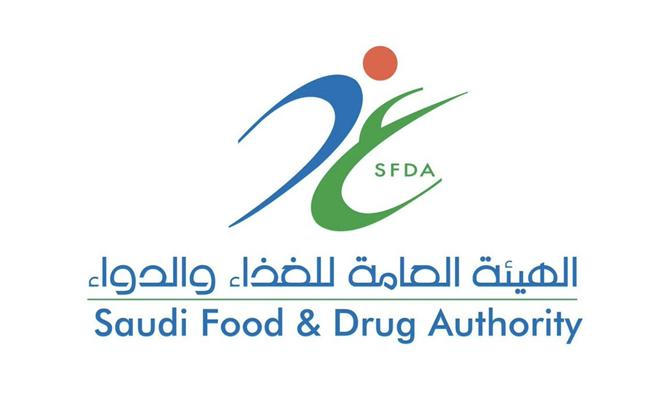
Aminotransferase Elevations in Healthy Adults Receiving 4 Grams of Acetaminophen Daily
Aminotransferase Elevations in Healthy Adults Receiving 4 Grams of Acetaminophen Daily
Aminotransferase Elevations in Healthy Adults Receiving 4 Grams of Acetaminophen Daily
2006-07-10
Journal of American Medical Association (JAMA) published in edition 296 in 2006
Context: During a clinical trial of a novel hydrocodone/acetaminophen (Paracetamol) combination, a high incidence of serum alanine aminotransferase (ALT) elevations was observed.
Objective: To characterize the incidence and magnitude of ALT elevations in healthy participants receiving 4 g of acetaminophen daily, either alone or in combination with selected opioids, as compared with participants treated with placebo.
Design, Setting, and Participants: A randomized, single-blind, placebo-controlled, 5-treatment, parallel-group, inpatient, diet-controlled (meals provided), longitudinal study of 145 healthy adults in 2 US inpatient clinical pharmacology units.
Intervention: Each participant received either placebo (n = 39), 1 of 3 acetaminophen/opioid combinations (n = 80), or acetaminophen alone (n = 26). Each active treatment included 4 g of acetaminophen daily, the maximum recommended daily dosage. The intended treatment duration was 14 days.
Main Outcomes: Serum liver chemistries and trough acetaminophen concentrations measured daily through 8 days and at 1- or 2-day intervals thereafter.
Results: None of the 39 participants assigned to placebo had a maximum ALT of more than 3 times the upper limit of normal. In contrast, the incidence of maximum ALT of more than 3 times the upper limits of normal was 31% to 44% in the 4 treatment groups receiving acetaminophen, including those participants treated with acetaminophen alone. Compared with placebo, treatment with acetaminophen was associated with a markedly higher median maximum ALT (ratio of medians, 2.78; 95% confidence interval, 1.47-4.09; P<.001). Trough acetaminophen concentrations did not exceed therapeutic limits in any participant and, after active treatment was discontinued, often decreased to undetectable levels before ALT elevations resolved.
Conclusions: Initiation of recurrent daily intake of 4 g of acetaminophen in healthy adults is associated with ALT elevations and concomitant treatment with opioids does not seem to increase this effect. History of acetaminophen ingestion should be considered in the differential diagnosis of serum aminotransferase elevations, even in the absence of measurable serum acetaminophen concentrations.
Reference JAMA.2006;296;87-93
Saudi Food And Drug Authority Notes:
1. Patients who are taking Paracetamol at doses of 4 gm daily (8 tablets) should ask their healthcare providers about the need for liver function tests.
2. There is no need to stop taking Paracetamol until you ask your physician .
3. Most of acute liver failure caused by taking unintentional overdoses of Paracetamol or by mistake.
4. You should keep Paracetamol preparation and the other medicines away from the children, if your child ingested toxic amount of Paracetamol take him immediately to the hospital and don’t wait for toxicity to appear (toxicity symptoms will appear in a 24-36 hr).
5. Healthcare providers should educate the patient about the maximum daily dose and the products that contain Paracetamol.
6. This is a list of registered medication containing Paracetamol in Saudi Arabia. The most famous brands are Panadol and Fevadol.
|
Revanin |
Myogesic |
Adol |
|
Saridon |
Midrone |
Cafamol |
|
Sinofree |
Panacetamol |
Calpol |
|
Solpadeine |
Panadol |
Cetamol |
|
Somdril |
Parafon |
Dolomol |
|
Tempra |
Paramol |
Efferalgan |
|
Tylenol |
Raigesic |
Fevadol |
|
Vonal |
Prontopyrin |
Grippo |
|
|
Revacod |
|



